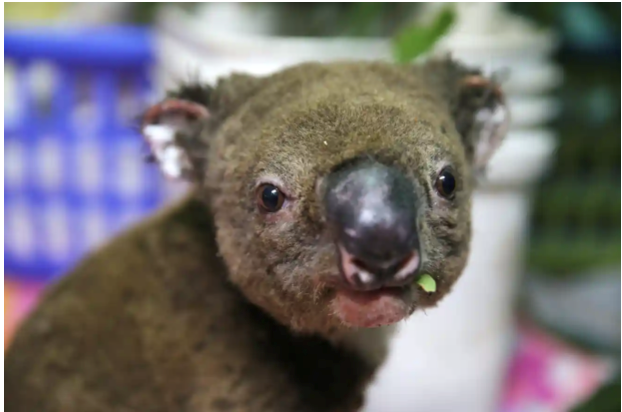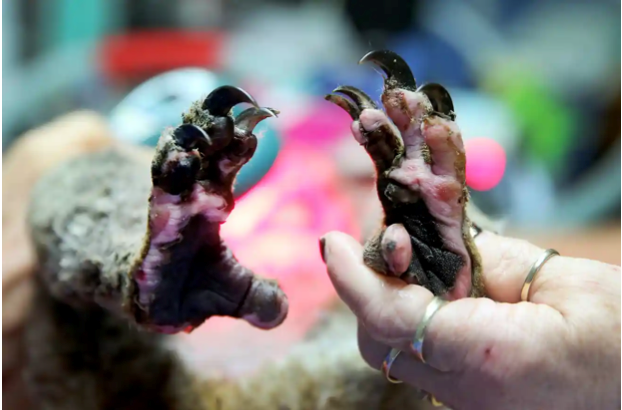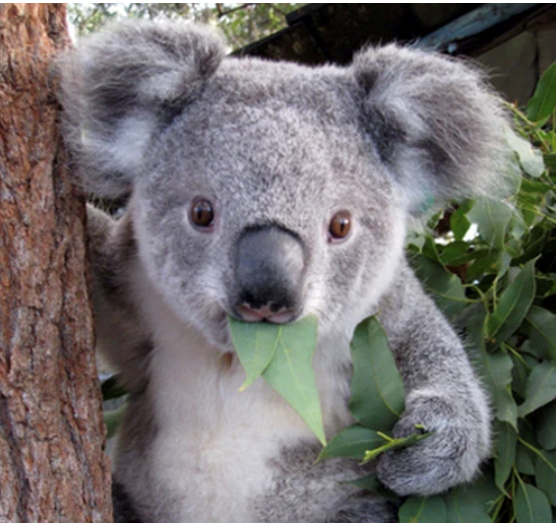Stop the Koala Crisis – In the aftermath of the Australian Bushfires
Australian bush fire: a fight against climate change
Fires have been burning since late November 2019 and as of yet we are witnessing no improvement. According to the UN environment programme, 2,800 homes have been destroyed whilst smoke residues are drifting across the pacific, leading to chronic diseases. In total, Australia has witnessed 25,000 Koala deaths. This is only the beginning. 1.25 billion animals have been killed by the raging bushfires – and this number will only continue to rise.
Australia’s driest spring since records began has catapulted the country into devastation. Shortages of rainfall since 2017 have led to exceedingly arid bushland leading to wildfires exacerbated by increased global warming. This is the worst burning Australia has seen – predicted aftereffects range from soot-clogged water features to increased carbon dioxide emissions, as Jenessa Duncombe, member of the National Association of Science Writers, has hypothesised.
Year 13 have decided to organise a fundraising project to support the Australian bush fires by raising awareness and money for the Koala Hospital (see below). We are showing a movie (to be confirmed) on Thursday 13th February lunch time, tickets will be £3 and refreshments, including popcorn and drinks, £1. With the prevalence of environmental issues in current affairs, we felt that as climate change has been caused by human actions, we should help the animals affected. We will be further spreading awareness of the Koala Hospital and our own role in preventing climate change, through posters, articles and form times.
Above, is a Koala named Paul, rescued from the Lake Innes nature reserve and treated for burns. The second image is Kate, who received treatment for her charred paws. The third image is Crescent Head Jimmy who has made a full recovery as a result of the Koala Hospital’s care.
The Koala Hospital
They are a ‘Not-for-Profit Organisation’ set up in 1973 as part of the Koala Conservation Australia Limited which consists of only 4 paid staff and 140 volunteers. The Koala Hospital is a research centre and therefore has strong affiliations with the University of Sydney, Queensland University of Queensland and the Australian Museum, and they work on fundraising, yard duties, rescues, home care, tree planting and maintenance. They also educate people about koala’s backgrounds and the various factors affecting them, and this therefore enables people to be more aware and protect koalas in the future.
On average, they admit between 200 and 250 koalas to the hospital annually, yet over 500 have already been admitted this year, following the wildfires. The koalas are kept in good conditions during their time at the hospital. For example, they are able to freely roam in rehabilitation yards. They are very open with their treatment process, as there are large windows within treatment rooms for easy viewing of the koalas.
Adopting a koala is greatly influential for the rescue and treatment of the sick and injured koalas, allowing them to be released back to their home range. Adopting a koala also assists with the conservation and expansion of habitat, and the collection of information for research relating to habitat, disease, nutrition and habitats of wild koalas. Perhaps most significantly, it helps to provide educational material to increase public awareness of all aspects of the koalas. There is a choice of 18 Koalas which are available for adoption. The cost of adoption is £20.77.
We would be grateful for all the support: not only in terms of monetary donations, but also through raising awareness of our cause. Please continue to spread this – tell your friends, your family, your classmates. Your support means everything to us.
By Ginny, Emily, Hana, Claire, Meghana, Mahima and Daivi


